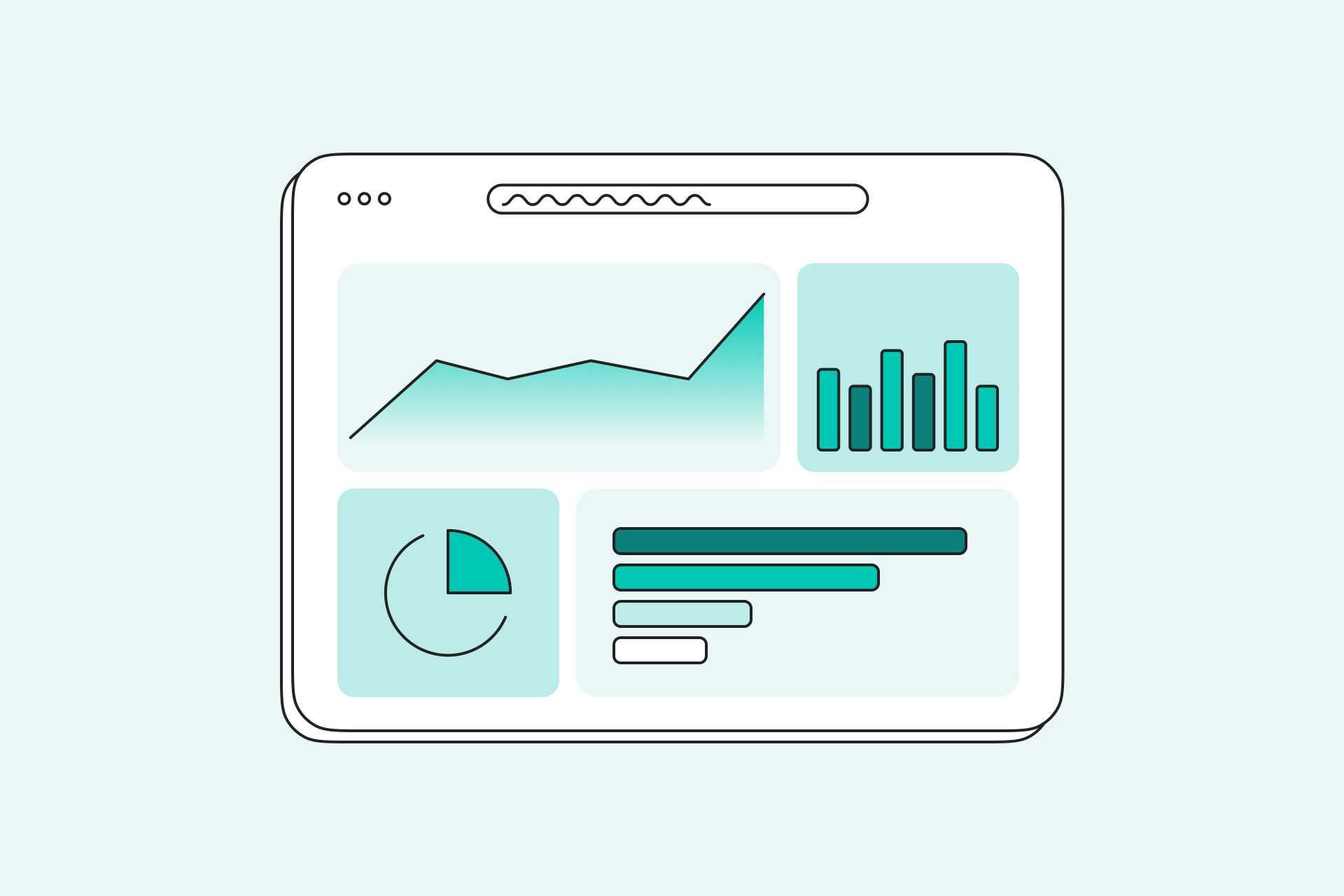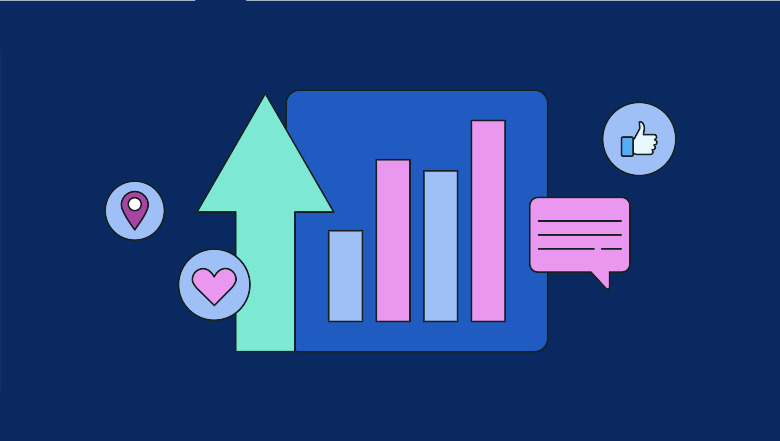Social media has evolved from being just a platform for connecting with friends to a powerful tool for businesses to reach their target audience. In the fast-paced world of digital marketing, understanding your social media audience is paramount. This article delves into the intricacies of social media audience analytics, unraveling the secrets that can propel your digital strategy to new heights.
Understanding Social Media Audience Analytics

In the vast landscape of social media, where content reigns supreme, having a profound understanding of your audience is the key to success. Social media audience analytics is the compass that guides businesses through the labyrinth of user preferences and behavior.
The journey begins with comprehending the fundamental metrics that define social media success. Likes, shares, comments—these seemingly simple interactions carry profound insights into audience engagement. By deciphering these metrics, businesses can refine their content strategy and boost their online presence.
Social Media Audience Analytics Tools
Arming yourself with the right tools is crucial in the world of social media analytics. From industry giants to nimble startups, a myriad of platforms offer analytics solutions. These tools not only track metrics but also provide actionable insights, helping businesses stay ahead of the curve.
Demystifying Social Media Audience Analytics Engagement
Audience engagement is the heartbeat of social media success. It goes beyond mere numbers, reflecting the genuine connection between the audience and the content. Strategies for boosting engagement range from crafting compelling content to actively participating in online conversations.
Audience Segmentation
Not all followers are created equal. Audience segmentation allows businesses to tailor their content to specific demographics, ensuring that each segment receives content that resonates with their interests. This personalized approach can significantly enhance engagement and brand loyalty.
Analyzing User Behavior
Understanding user behavior is akin to holding the key to a treasure trove. Analytics can unveil patterns in user interactions, revealing the type of content that captivates your audience. Armed with this knowledge, businesses can optimize their content to cater to their audience’s preferences.
Competitor Analysis
In the dynamic world of social media, keeping an eye on the competition is essential. Analyzing their strategies and audience interactions provides valuable benchmarks. Leveraging this data enables businesses to refine their approach and stand out in the crowded digital landscape.
Real-Time Analytics
In the age of instant gratification, real-time analytics have become indispensable. Monitoring social media activities as they happen allows businesses to respond promptly to trends and crises. Real-time insights empower agile decision-making, a critical component in the fast-evolving digital sphere.
Social Listening for Audience Insights
Social listening involves tuning in to online conversations to understand what your audience is saying about your brand and industry. This valuable data provides insights into customer sentiment, allowing businesses to address concerns promptly and capitalize on positive feedback.
Impact of Social Media Analytics on Content Strategy
Gone are the days of creating content in a vacuum. Social media analytics has become the cornerstone of content strategy. By aligning content creation with audience preferences, businesses can create impactful and resonant content that drives engagement and conversions.
Measuring Return on Investment (ROI)
For businesses, every effort invested in social media should translate into tangible returns. Measuring the ROI of social media activities is essential for assessing the effectiveness of campaigns. This data-driven approach enables businesses to allocate resources strategically, maximizing their digital marketing impact.
Future Trends
As technology advances, so does the landscape of social media analytics. Emerging trends such as artificial intelligence, augmented reality, and advanced data analytics are reshaping the way businesses gather and interpret data. Staying abreast of these trends is key to maintaining a competitive edge.
Challenges
Despite its benefits, social media analytics comes with its own set of challenges. From data privacy concerns to the complexity of interpreting vast datasets, businesses face obstacles in harnessing the full potential of analytics. Addressing these challenges head-on is crucial for unlocking the true power of social media insights.
Conclusion
In conclusion, social media audience analytics is the linchpin of digital success. From understanding metrics to predicting future trends, businesses that embrace analytics gain a competitive advantage in the digital arena. As the digital landscape continues to evolve, so must our approach to social media analytics.
Ready to take your digital strategy to the next level? Request a demo from AIM Technologies today and see how our cutting-edge analytics solutions can transform your social media presence.
FAQs
What is the significance of social media audience analytics for businesses?
- Social media audience analytics provides businesses with valuable insights into audience behavior, preferences, and engagement, allowing them to tailor their strategies for maximum impact.
How can businesses overcome challenges in social media analytics?
- Overcoming challenges in social media analytics involves staying updated on industry trends, addressing data privacy concerns, and adopting strategies for effective interpretation of data.
What role does real-time analytics play in social media success?
- Real-time analytics allows businesses to respond promptly to trends, crises, and customer interactions, enabling agile decision-making and proactive engagement.
Why is audience segmentation crucial in social media marketing?
- Audience segmentation allows businesses to customize their content for specific demographics, enhancing engagement and building stronger connections with their audience.
How does social listening contribute to audience insights?
- Social listening involves monitoring online conversations to understand customer sentiment, providing businesses with valuable insights for improving products and addressing concerns.




